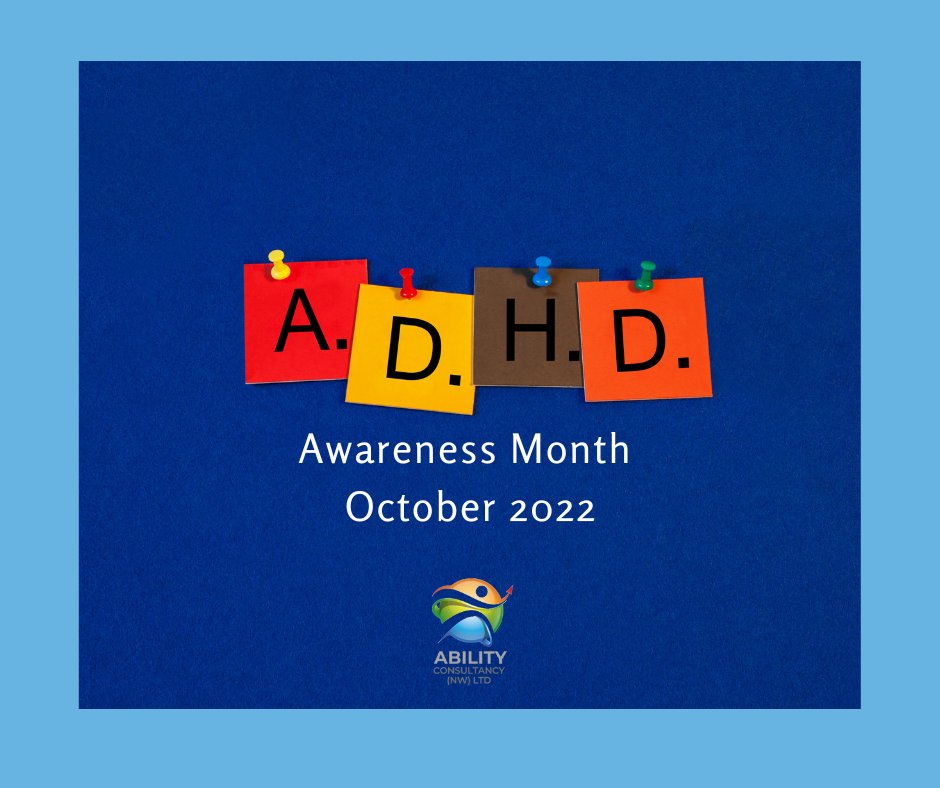Attention Deficit Hyperactivity Disorder (ADHD) is a neurodevelopmental disorder that can present a complex web of symptoms affecting individuals of all ages. Understanding these symptoms and their impact is crucial for providing effective support and guidance to individuals with ADHD. In this comprehensive guide, we will delve into the intricate web of ADHD symptoms explore their effects on daily life, discuss strategies for clarity and support, and provide insights into navigating the challenges associated with ADHD.
Unraveling the Complexity of ADHD Symptoms
ADHD is characterized by a combination of symptoms related to inattention, hyperactivity, and impulsivity. These symptoms can manifest differently in individuals with the condition, impacting various aspects of their lives. Common ADHD symptoms include:
Inattention
Individuals with ADHD may struggle with maintaining focus, organizing tasks, following through on instructions, and completing assignments. They may appear forgetful, easily distracted, and have difficulty sustaining attention on tasks that require mental effort.
Hyperactivity
Hyperactive symptoms in individuals with ADHD can manifest as constant movement, restlessness, fidgeting, and difficulty engaging in quiet activities. They may have trouble sitting still, waiting their turn, or engaging in activities that require sustained attention.
Impulsivity
Impulsive behaviors in individuals with ADHD may include interrupting others, blurting out answers, acting without thinking, and having difficulty waiting for their turn. They may struggle with impulse control, decision-making, and regulating their behavior in social situations.
Understanding the complexity of these symptoms is essential for developing tailored strategies to support individuals with ADHD in managing their challenges effectively.
The Impact of ADHD Symptoms on Daily Life
ADHD symptoms can have a profound impact on various aspects of an individual’s daily life, including:
Academic Performance
ADHD symptoms can affect academic performance by hindering focus, organization, time management, and task completion. Individuals with ADHD may struggle with studying, completing assignments, and meeting deadlines.
Social Interactions
ADHD symptoms can impact social interactions by affecting communication, impulse control, and emotional regulation. Individuals with ADHD may experience challenges in making and maintaining friendships, understanding social cues, and managing emotions in social situations.
Workplace Functioning
Adults with ADHD may face challenges in the workplace, such as staying organized, managing time effectively, and maintaining focus on tasks. ADHD symptoms can impact job performance, productivity, and relationships with colleagues.
Emotional Well-being
Individuals with ADHD may experience difficulties in regulating their emotions, leading to mood swings, impulsivity, and frustration. Managing emotions and coping with stress can be particularly challenging for individuals with ADHD.
Recognizing the impact of ADHD symptoms on daily life is crucial for providing appropriate support, accommodations, and interventions to help individuals with the condition thrive.
Strategies for Clarity and Support
Navigating the complexities of ADHD requires a multi-faceted approach that includes tailored strategies for clarity and support. Some effective strategies for supporting individuals with ADHD include:
Structured Environment
Creating a structured environment with clear routines, schedules, and expectations can help individuals with ADHD stay organized, manage time effectively, and reduce feelings of overwhelm. Providing consistency and predictability can enhance focus and productivity.
Behavioral Interventions
Implementing behavioral interventions such as positive reinforcement, goal setting, and self-monitoring can help individuals with ADHD develop positive habits, improve self-regulation, and achieve their goals. These interventions can promote self-awareness and self-management skills.
Educational Support
Providing educational support such as accommodations, modifications, and individualized learning plans can help individuals with ADHD succeed academically. Tailoring teaching strategies to accommodate different learning styles and needs can enhance academic performance and engagement.
Cognitive Behavioral Therapy
Cognitive behavioral therapy (CBT) can be beneficial for individuals with ADHD by helping them identify and challenge negative thought patterns, develop coping strategies, and improve problem-solving skills. CBT can promote emotional regulation and resilience in individuals with ADHD.
Medication Management
In some cases, medication may be prescribed to help manage ADHD symptoms. Working closely with healthcare providers to monitor medication effectiveness, dosage adjustments, and potential side effects is essential for optimizing treatment outcomes.
By implementing these strategies for clarity and support, individuals with ADHD can enhance their ability to manage their symptoms, overcome challenges, and thrive in various aspects of their lives.
Conclusion
In conclusion, untangling the web of involve symptoms requires a deep understanding of the complexities of the condition, its impact on daily life, and effective strategies for clarity and support. By unraveling the intricate web of inattention, hyperactivity, and impulsivity, we can develop tailored interventions, accommodations, and support systems to help individuals with ADHD navigate their challenges and reach their full potential. Through structured environments, behavioral interventions, educational support, cognitive behavioral therapy, and medication management, individuals with ADHD can enhance their focus, organization, self-regulation, and emotional well-being. By shedding light on the impact of ADHD symptoms and providing effective strategies for clarity and support, we can empower individuals with the condition to thrive, succeed, and lead fulfilling lives. Navigating the complexities of ADHD requires a collaborative and holistic approach that values individual strengths, promotes understanding, and provides the necessary tools for individuals with ADHD to flourish.
